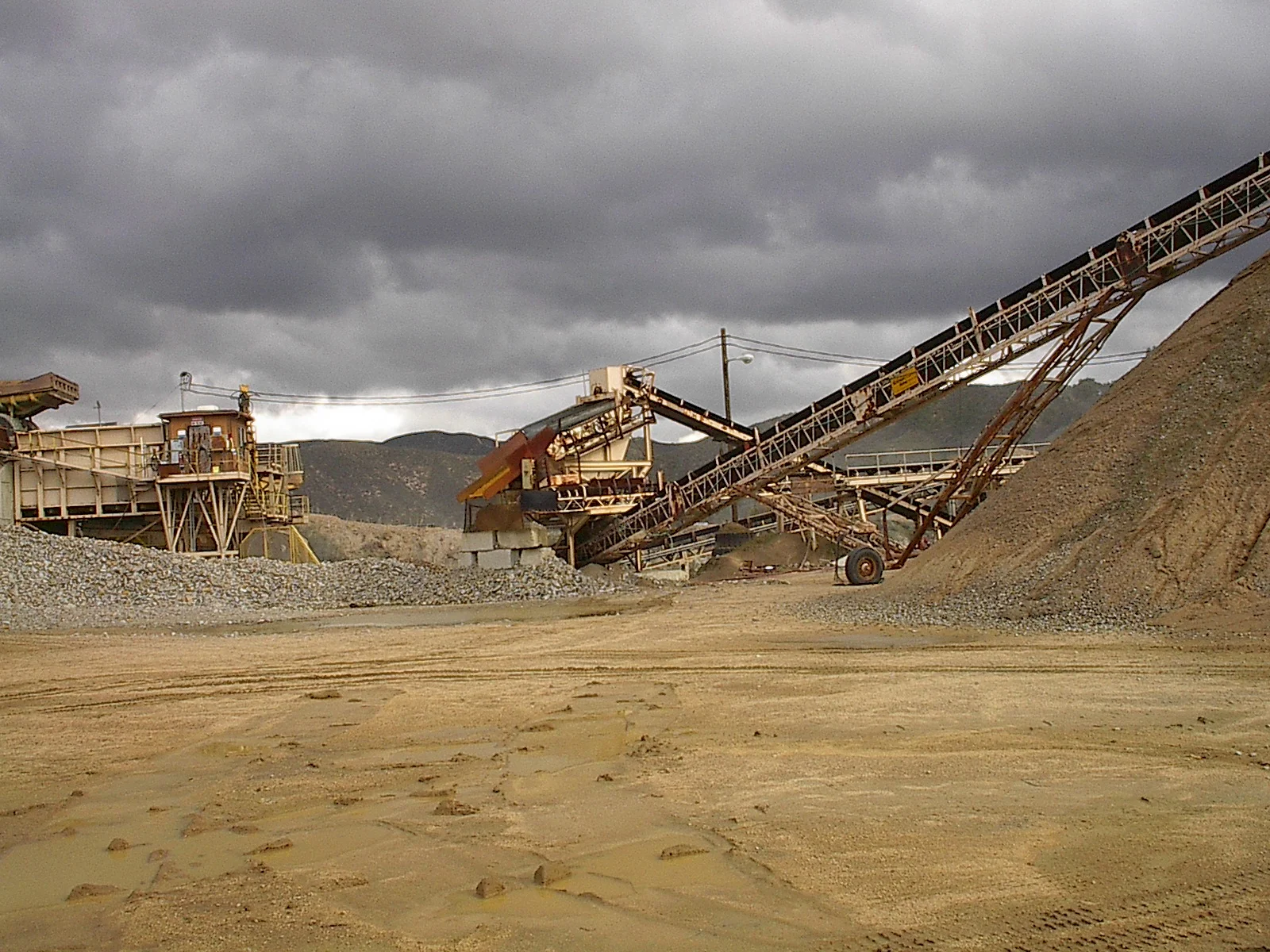At a recent Leaders of Change luncheon hosted by The North San Diego Chamber and partnered with the San Diego Regional EDC, San Diego County Taxpayer Association, San Diego Workforce Partnership® and KPBS, the minimum wage debate continued. The panel discussed the impact a minimum wage increase would have on San Diego’s economy. The event was held on October 7, 2014 at Sony Electronics, Inc. in Rancho Bernardo.
City of San Diego Offers Real-Time Online Permit Tracking
The Development Services Department (DSD) of the City of San Diego recently launched its new web-based Project Tracking System (PTS). The public’s online portal to this system is called OpenDSD.
According to the City’s website, it “is committed to serving the public and improving how information is provided to its citizens.”
Assembly Bill 2355: Recycled Aggregate
Assembly Bill 2355 (Levine) encourages local agencies to adopt standards for recycled materials. The Bill was approved by Governor Brown on September 26, 2014.
AB 2355 requires, by January 1, 2017, local agencies with jurisdiction over streets or highways to either a) adopt the California Department of Transportation (Caltrans) standards for recycled paving, base, sub-base and previous backfill materials, or b) publically discuss why they are not being adopted.
Got Frac Sand?
Like the Legendary Phoenix, SB 1270 Has Risen from the Ashes
On May 23, 2014, the Surface Mining and Reclamation Act (SMARA) reform bill, Senate Bill (SB) 1270 (Pavley), did not make it out of the Senate Appropriations Committee, thus killing the bill for this session. However, like the phoenix, the legendary Arabian bird, SB 1270 rose from the ashes in June by Senate leadership through a rule waiver. The new version of the bill includes further amendments; however, the changes do not address many of the issues that negatively impact the industry. SB 1270 is a toxic bill drafted with the intent to transfer SMARA authority to the State, substantially increase fees to the industry, and create several mandatory provisions that would result in further cost increases and uncertainty within the mining industry. We also suspect that the change in annual fees is an attempt to funnel money to The Sierra Fund to facilitate remediation of a number of legacy metal mines.
Stormwater Pollution Prevention Plan Changes: What it means for California Mine Operators
On July 1, 2015, new stormwater rules go into effect for California Industrial General Permit (IGP) holders.
These changes affect all California dischargers (including mine sites). Every site will need to re-register for an IGP in order to continue coverage under the Notice of Intent (NOI). This means each site must also submit an updated Storm Water Pollution Prevention Plan (SWPPP) and a Monitoring Implementation Plan (MIP) before the July 2015 deadline.
Mineral Resource Conservation: SMARA’s Second Leg
California became a state because of its mineral wealth. People from around the world flocked to the gold fields of central California and turned over the earth in the promise of riches to come. Small towns sprouted up and a continuous stream of people flowed into the state. The gold rush lasted a few years and, what had been a geographically isolated area on the west coast of North America, was suddenly home to 300,000 residents.
Project Cornerstone Provides Outreach Program to Educate the Public about San Diego’s Construction Aggregates Industry
Project Cornerstone is a San Diego-based grassroots organization, dedicated to educating the public about the importance of local construction aggregate resources (i.e., sand, gravel and crushed stone). The organization is a result of San Diego-based construction aggregate producers identifying the need to educate the public that local supplies of aggregate are critical for cost effective infrastructure projects like roads, bridges, schools, hospitals and other public works projects. In addition, a sustainable permitted supply of construction aggregate is essential to maintain the quality-of-life the public has come to expect.
The Mineral Resource Industry Has Positive Impact on California Economy
California’s mineral resource industry is being threatened by the recent introduction of Senate Bill 1270 (Pavley). This proposed legislation will radically alter the balance between mineral resource production and regulatory oversight.
The mineral resource industry, such as construction aggregate, in California is essential to the State’s economy. It provides the materials needed to build and maintain roads, bridges, homes and commercial buildings, as well as provide jobs for thousands of Californians.
CMTA Opposes Surface Mining Bill
Senator Fran Pavley (D-Agoura Hills) is the author of SB 1270 which changes the oversight of the California Geological Survey and the requirements for surface mining operations. It also requires annual reporting fees on each mine. The bill is presumably an effort to fix implementation issues with a unique statewide mandate on local land use policies regarding reclamation from mineral extraction facilities.

